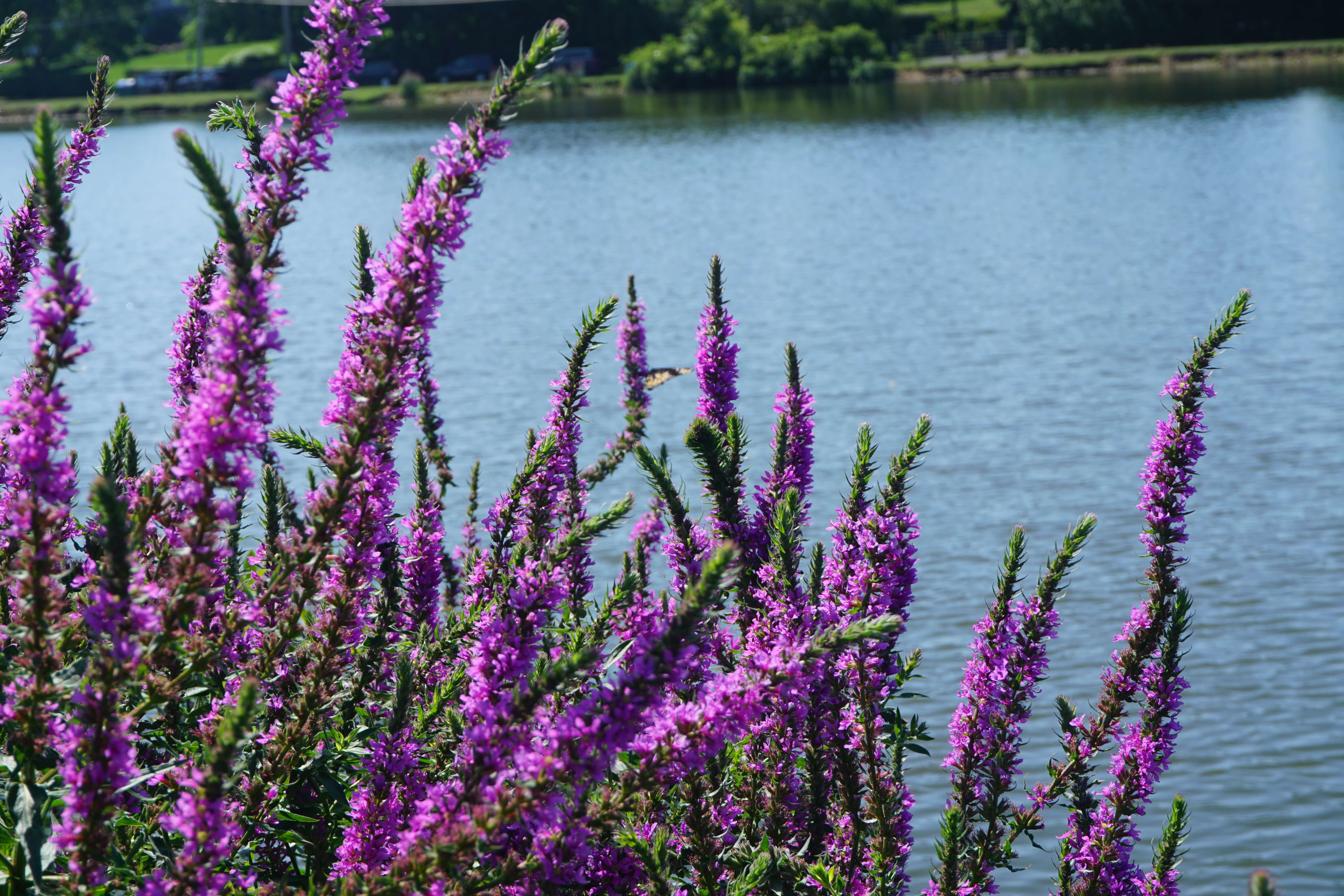The Monmouth University Urban Coast Institute (UCI) hosted a webinar on Oct. 23 which explored the implications and implementation of new statewide rules that call for the use of green infrastructure to reduce pollution and flooding caused by stormwater runoff. A video of the session is posted above and presenter slides can be found below. The webinar was organized in partnership with Clean Ocean Action, the Deal Lake Watershed Alliance, the Jersey Shore Group – New Jersey Chapter of the Sierra Club, Long Branch Green Team and the Whale Pond Brook Watershed Association.
A cornerstone of the amended New Jersey Department of Environmental Protection (NJDEP) stormwater standards is the requirement for permit applicants to use green infrastructure (such as rain gardens, bioretention basins and green roofs) rather than more traditional engineered structures to reduce stormwater runoff and achieve water quality goals. The NJDEP announced the measures in the spring and set a March 2021 deadline for municipalities to reflect the changes in their local ordinances and provide the appropriate training for their engineers and review staffs.
UCI Associate Director Dr. Thomas Herrington moderated a panel that included one of the NJDEP officials who helped craft the regulations and stormwater experts from throughout the state. The following are the panelists, their discussion topics and slides:
- Non-Point Pollution Control – Gabe Mahon, Bureau Chief, NJDEP Division of Water Quality. Slides: PDF, 1 MB
- Enhanced Provisions to the Model Ordinance – Mike Pisauro, Esq, The Watershed Institute. Slides: PDF, 1 MB
- Green Infrastructure Examples – Chris Obropta, Extension Specialist in Water Resources, Rutgers Cooperative Extension. Slides: PDF, 8 MB
- Stormwater Utility Defined – James Cosgrove Jr., PE, Vice President, Kleinfelder, Inc. Slides: PDF, 2 MB
Special Presentation: Green Stormwater Infrastructure for New Jersey
Obropta also delivered an hourlong presentation in the morning that provided a more detailed look at green infrastructure options that can be used by developers and municipalities. The session was moderated by Faith Teitlebaum of the Whale Pond Brook Watershed Association. Click here to download slides from the presentation (PDF, 20 MB).

